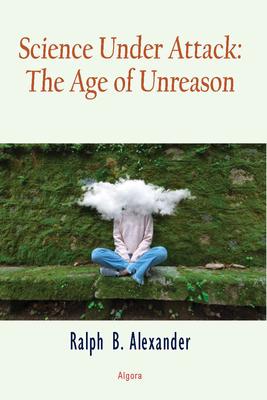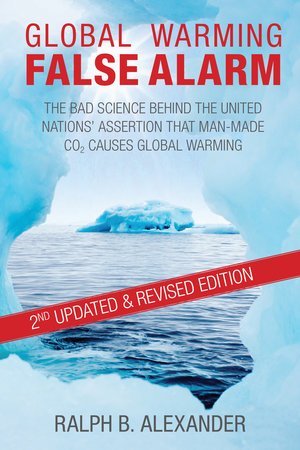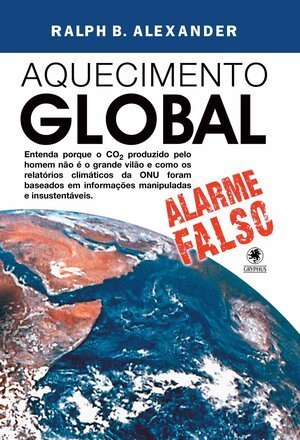Corruption of Science: Scientific Fraud
/One of the most troubling signs of the attack on science is the rising incidence of outright fraud, in the form of falsification and even fabrication of scientific data. A 2012 study published by the U.S. National Academy of Sciences noted an increase of almost 10 times since 1975 in the percentage of biomedical research articles retracted because of fraud. Although the current percentage retracted due to fraud was still very small at approximately 0.01%, the study authors remarked that this underestimated the actual percentage of fraudulent articles, since only a fraction of such articles are retracted.
One of the more egregious episodes of fraud was British gastroenterologist Andrew Wakefield’s claim in a 1998 study that 8 out of 12 children in the study had developed symptoms of autism after injection of the combination MMR (measles-mumps-rubella) vaccine. As a result of the well publicized study, hundreds of thousands of parents who had conscientiously followed immunization schedules in the past panicked and began declining MMR vaccine. And, unsurprisingly, outbreaks of measles subsequently occurred all over the world.
But Wakefield’s paper was slowly discredited over the next 12 years, until the prestigious medical journal The Lancet formally retracted it. The journal’s editors then went one step further in 2011 by declaring the paper fraudulent, citing unmistakable evidence that Wakefield had fabricated his data on autism and the MMR vaccine. Shortly after, the disgraced gastroenterologist’s medical license was revoked.
In 2015, Iowa State University researcher Dong Pyou Han received a prison sentence of four and a half years and was ordered to repay $7.2 million in grant funds, after being convicted of fabricating and falsifying data in trials of a potential HIV vaccine. On multiple occasions, Han had mixed blood samples from vaccinated rabbits into human HIV antibodies to create the illusion that the vaccine boosted immunity against HIV. Although Han was contrite in court, one of the prosecuting attorneys doubted his remorse, pointing out that Han’s job depended on research funding that was only renewed as a result of his bogus presentations showing the experiments were succeeding.
In 2018, officials at Harvard Medical School and Brigham and Women’s Hospital in Boston called for the retraction of a staggering 31 papers from the laboratory of once prominent Italian heart researcher Piero Anversa, because the papers "included falsified and/or fabricated data." Dr. Anversa’s research was based on the notion that the heart contains stem cells, a type of cell capable of transforming into other cells, that could regenerate cardiac muscle. But other laboratories couldn’t verify Anversa’s idea and were unable to reproduce his experimental findings – a major red flag, since replication of scientific data is a crucial part of the scientific method.
Despite this warning sign, the work spawned new companies claiming that their stem-cell injections could heal hearts damaged by a heart attack, and led to a clinical trial funded by the U.S. National Heart, Lung and Blood Institute. The Boston hospital’s parent company, however, agreed in 2017 to a $10 million settlement with the U.S. government over allegations that the published research of Anversa and two colleagues had been used to fraudulently obtain federal funding. Apart from data that the lab fabricated, the government alleged that it utilized invalid and improperly characterized cardiac stem cells, and maintained deliberately misleading records. Anversa has since left the medical school and hospital.
Scientific fraud today extends even to the publishing world. A recent sting operation involved so-called predatory journals – those charging a fee without offering any publication services (such as peer review), other than publication itself. The investigation found that an amazing 33% of the journals contacted offered a phony scientific editor a position on their editorial boards, four of them immediately appointing the fake scientist as editor-in-chief.
It’s no wonder then that scientific fraud is escalating. In-depth discussion of recent cases can be found on several websites, such as For Better Science and Retraction Watch.
Next week: Consensus in Science: Is It Necessary?





